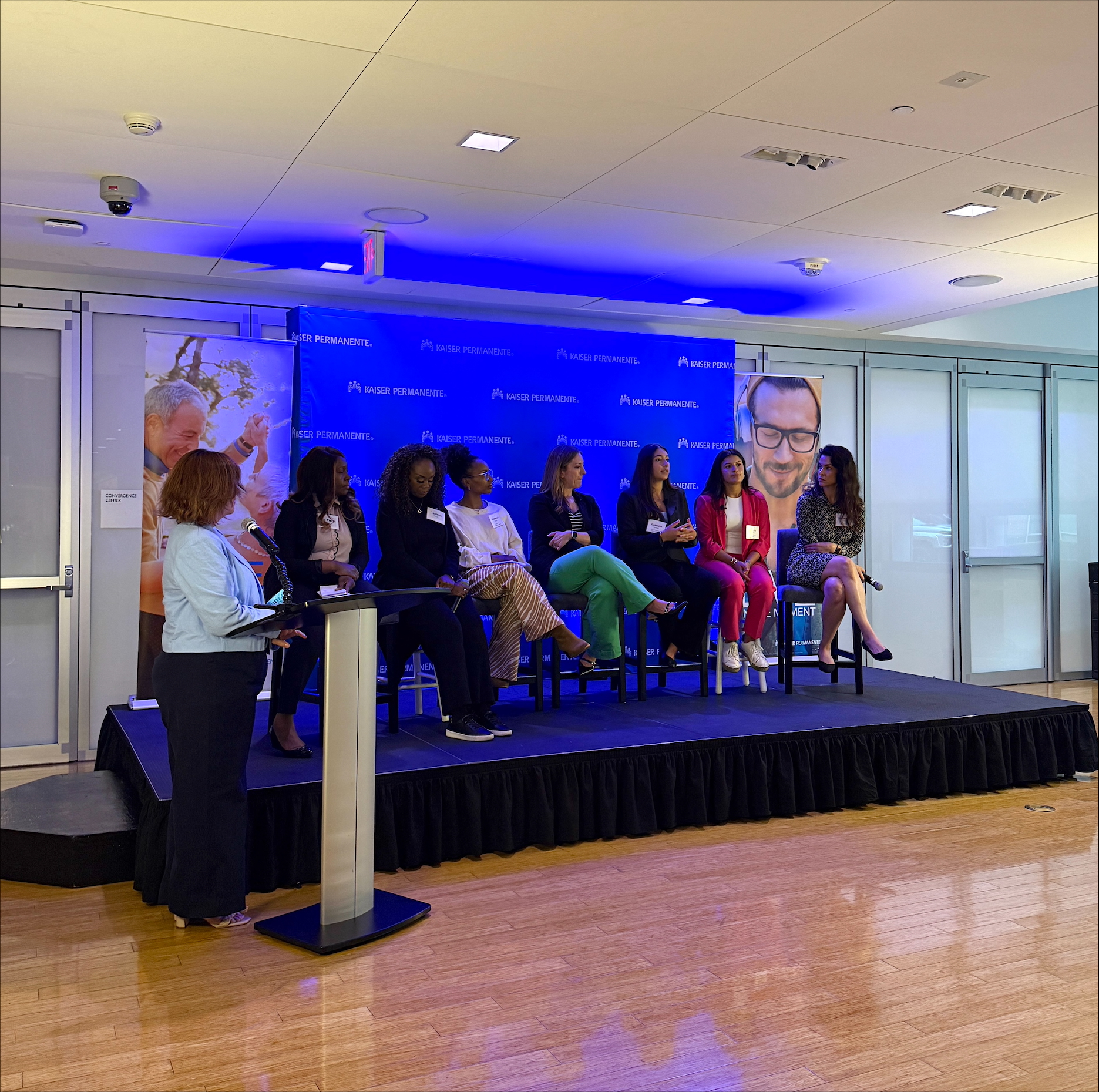Food and beverage companies are exceptionally good at marketing in schools, according to a survey in JAMA Pediatrics.
The report, “Commercialism in US Elementary and Secondary School Nutrition Environments (Trends from 2007 – 2012)” detailed how, despite more concerted efforts by a number of communities to remove soda contracts, a persistent amount of brand marketing is present in schools.
Overall, the report found:
“Exposure to school-based commercialism increased significantly with grade level. For 63.7% of elementary school students, the most frequent type of commercialism was food coupons used as incentives. For secondary students, the type of commercialism most prevalent in schools was exclusive beverage contracts, which were in place in schools attended by 49.5% of middle school students and 69.8% of high school students. Exposure to elementary school coupons, as well as middle and high school exclusive beverage contracts, was significantly more likely for students attending schools with mid or low (vs high) student body socioeconomic status.hool-based commercialism increased significantly with grade level.”
The commercialism came in the form of sponsorships, “pouring rights” exclusive contracts, incentive programs, advertising, fund-raising and branded products sold in schools. Nationally, the report stated, the top food and beverage companies spent nearly $186 million in 2006 on youth-directed in-school marketing. Changes in policy in 2007, and guidelines from the Alliance for a Healthier Generation put a dent in that amount, down to $149 million by 2009.
The spending has led to a small wave of school district backlash, but more is needed. As of 2011, only one out of every ten school districts prohibit marketing to children, states the report.
The study was based on surveys of administrators at a representative sample of schools from 2007 through 2012, and conducted by Yvonne Terry-McElrath of the University of Michigan and colleagues.




